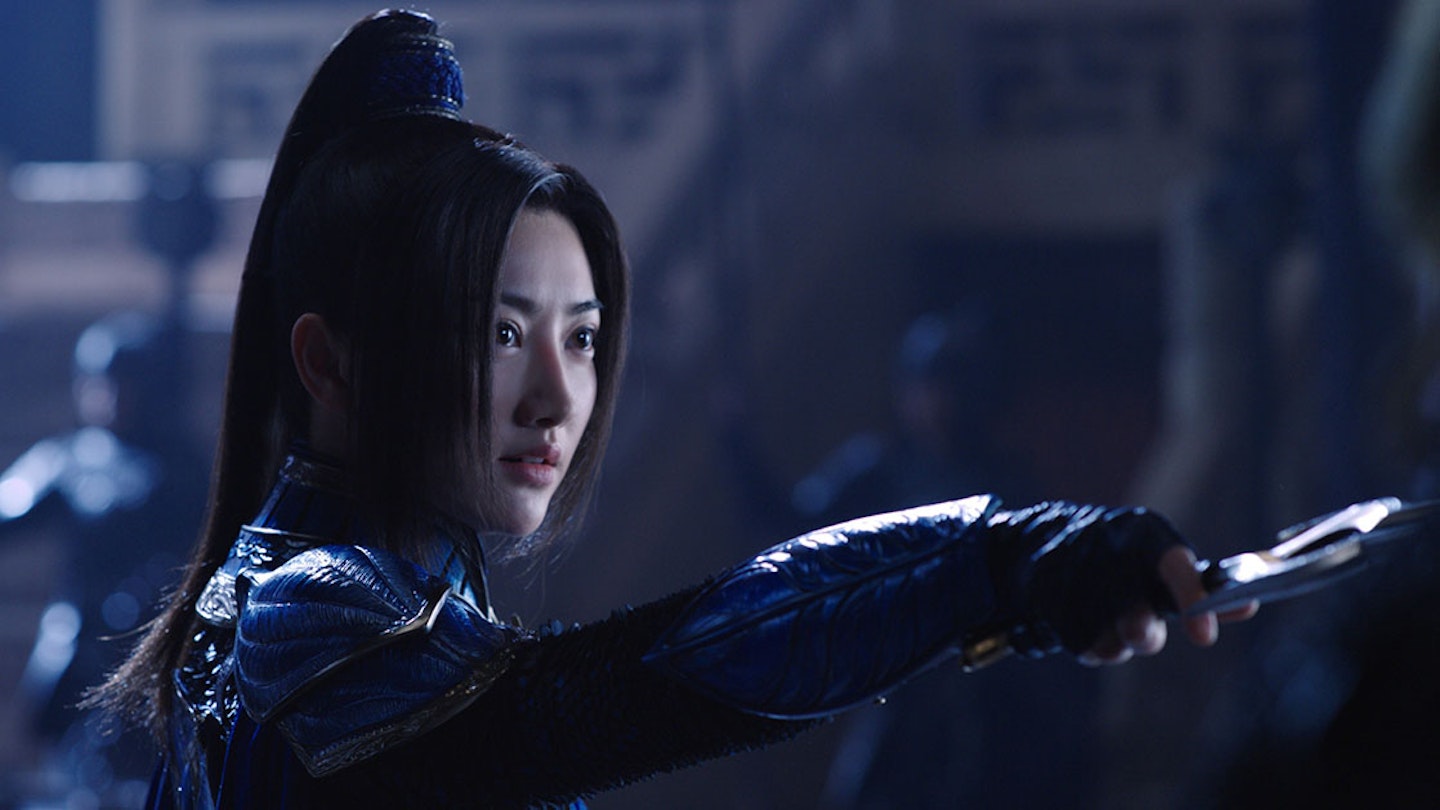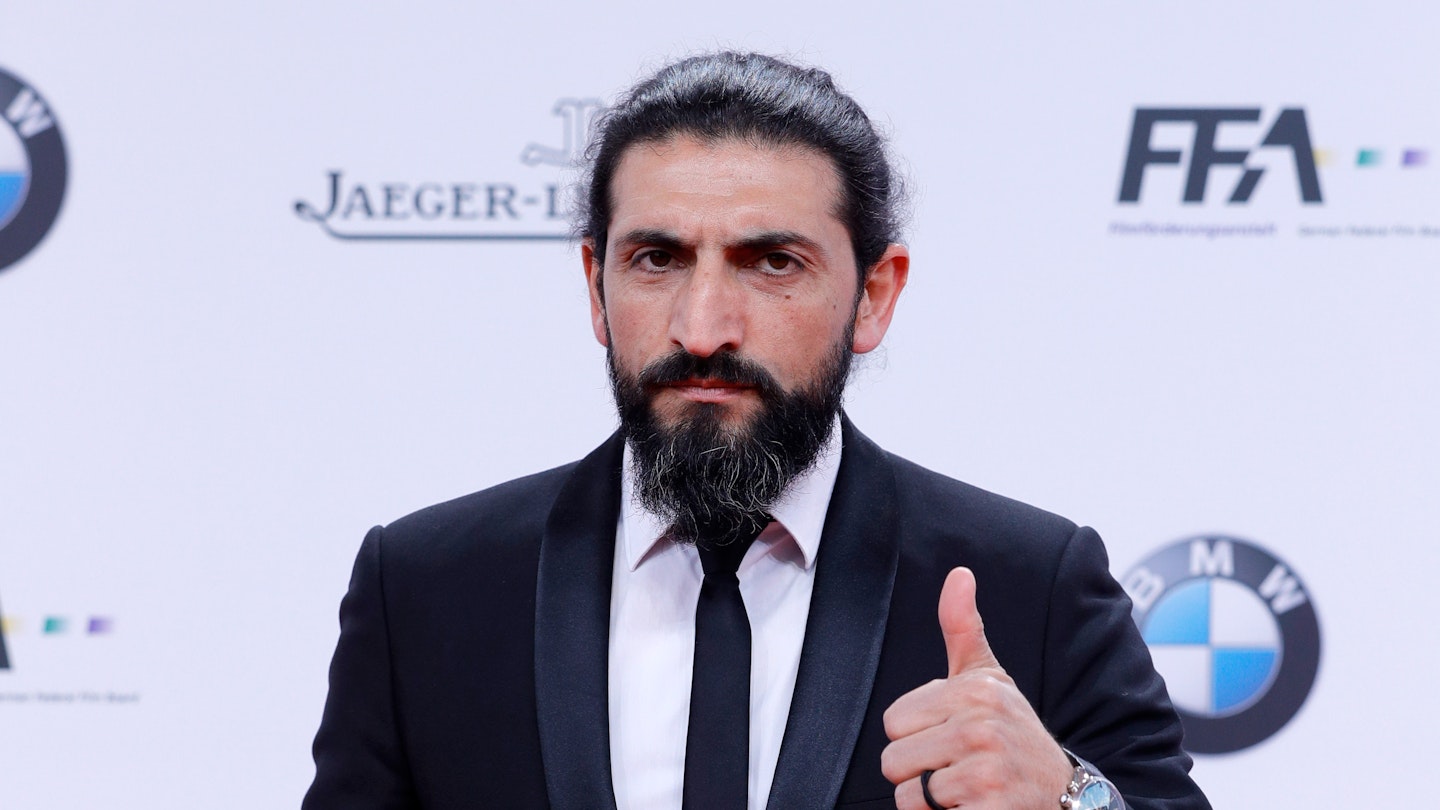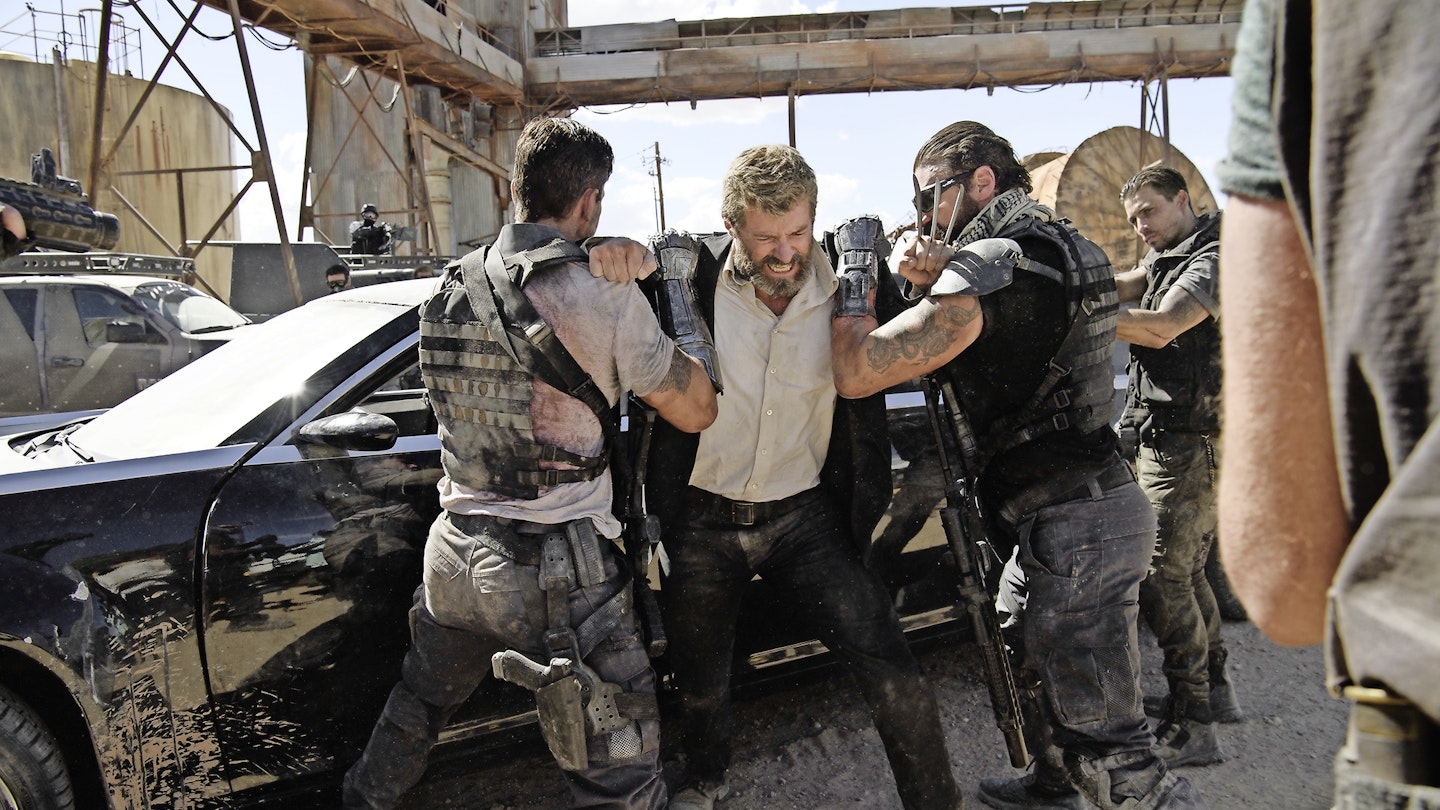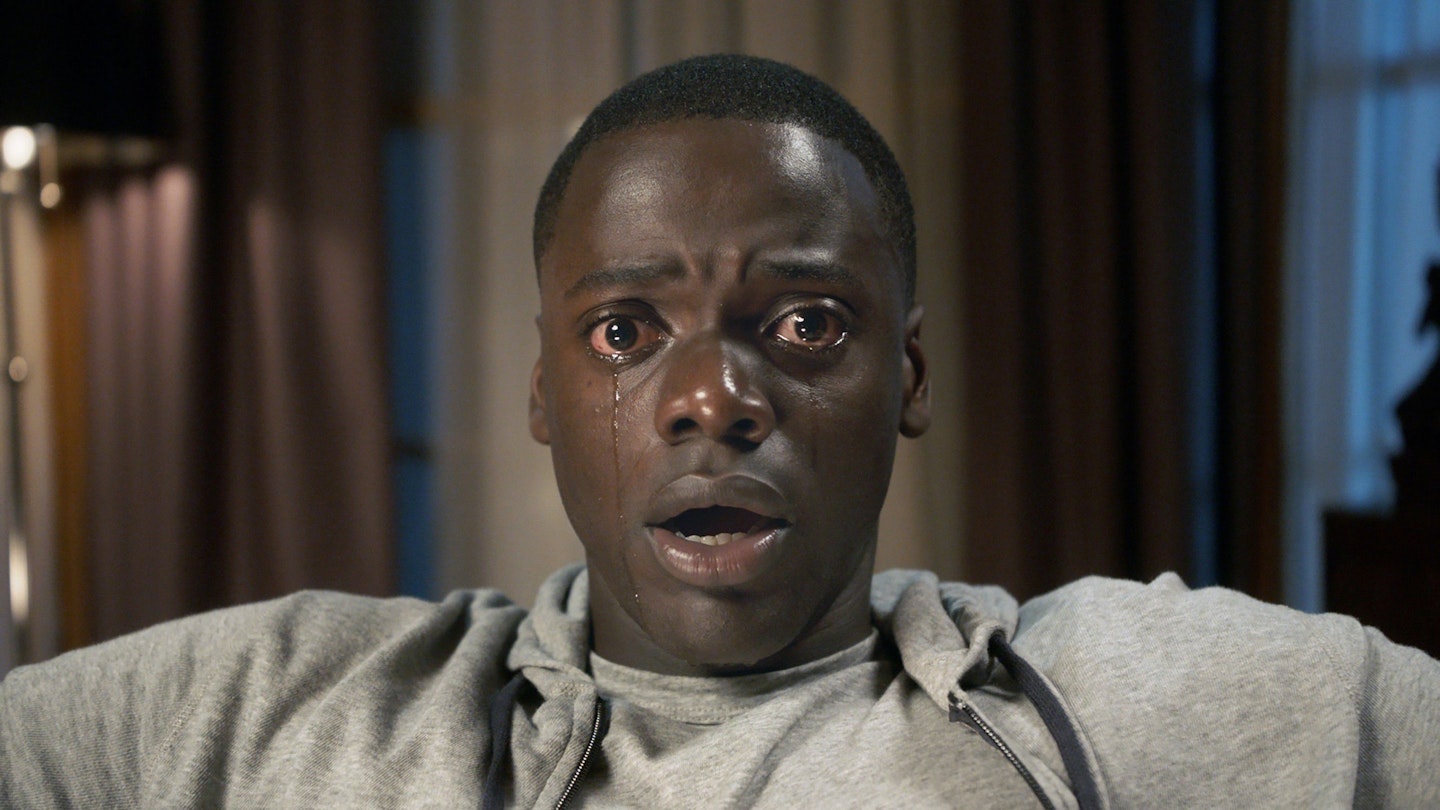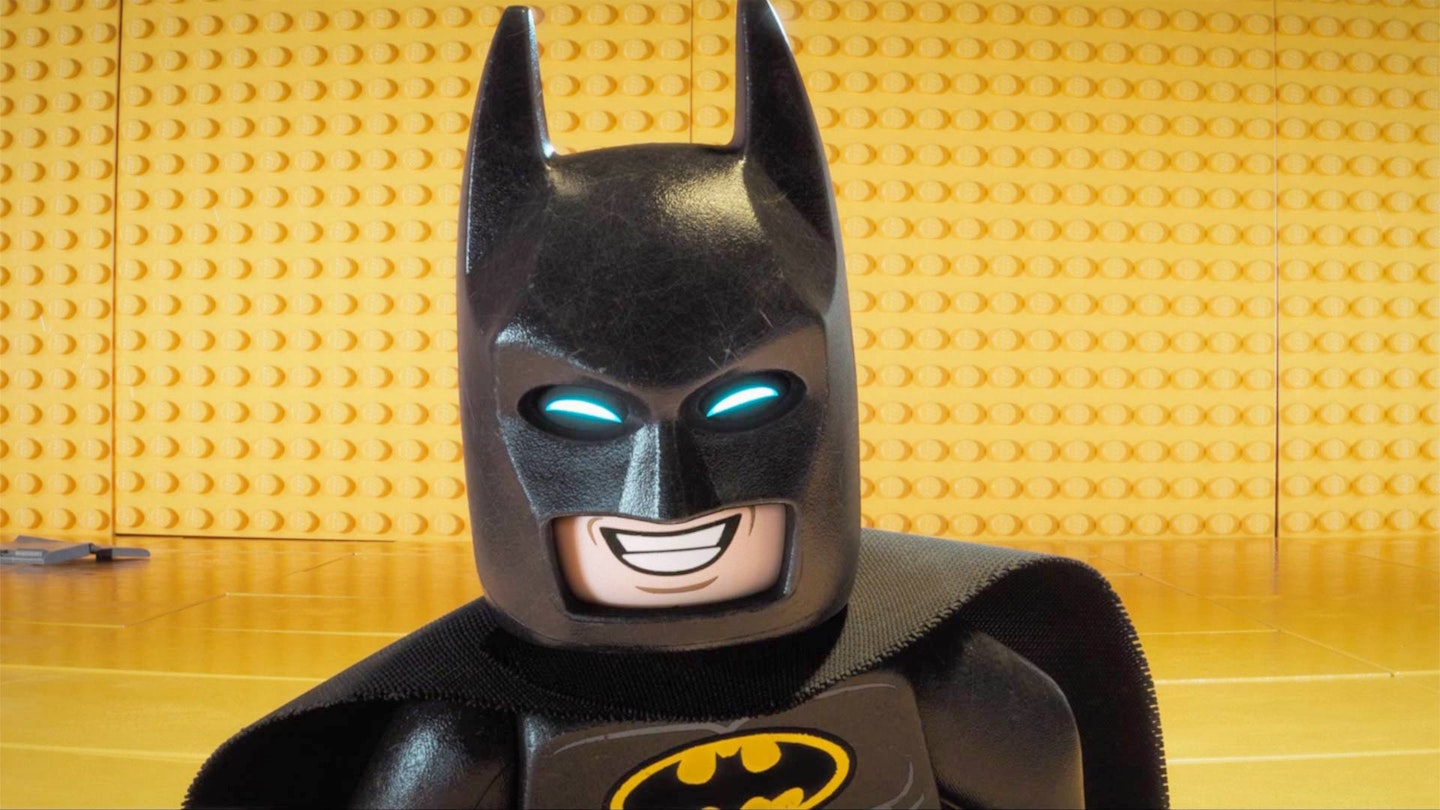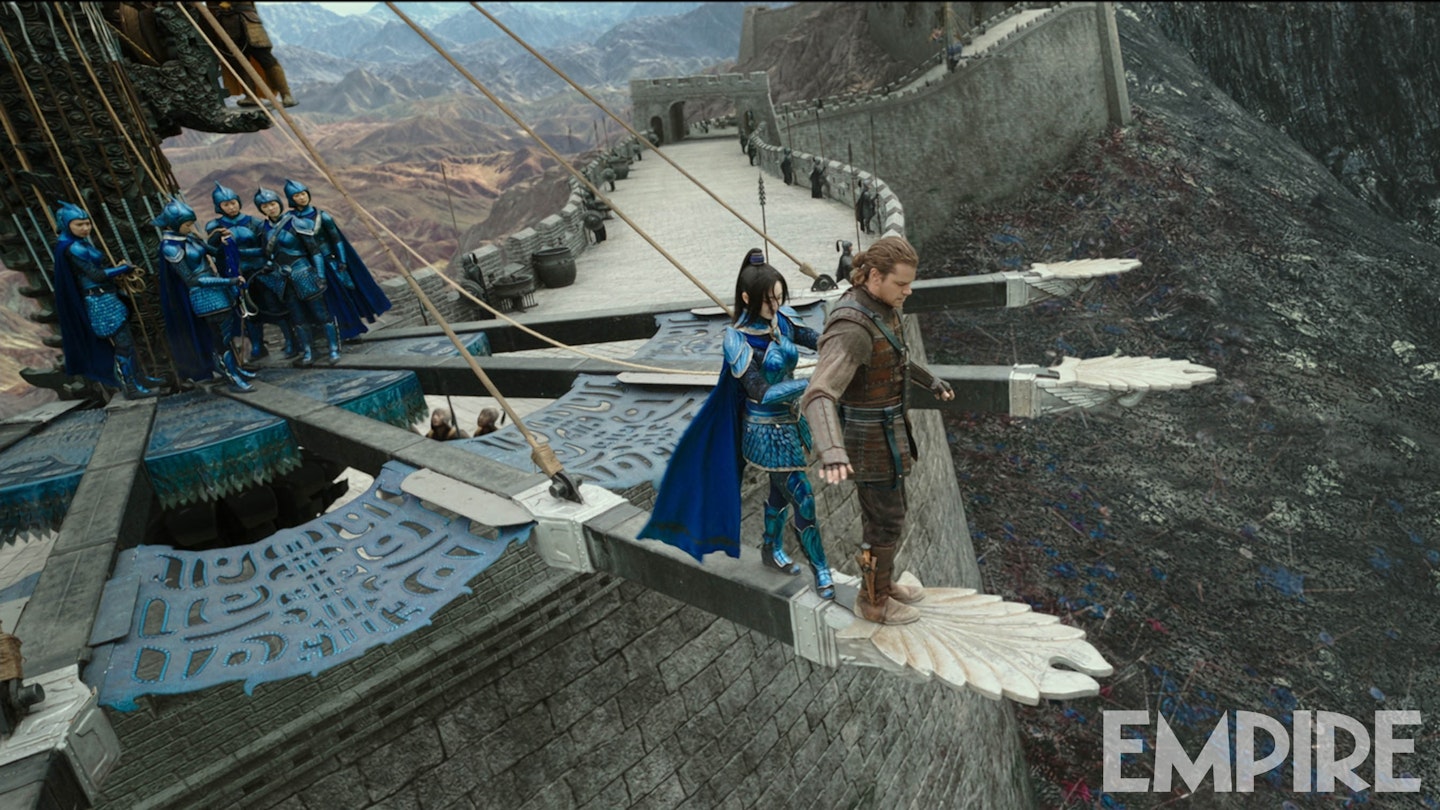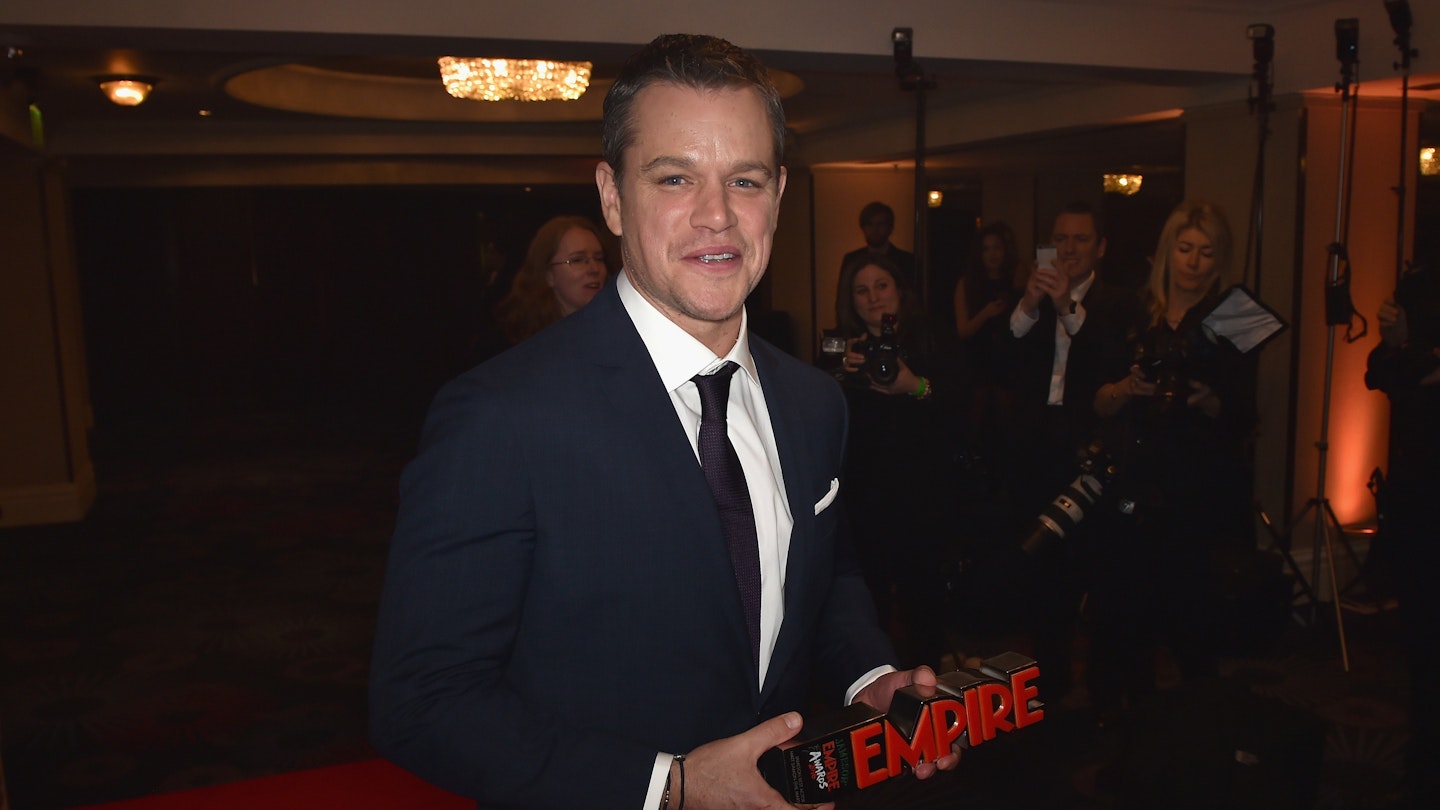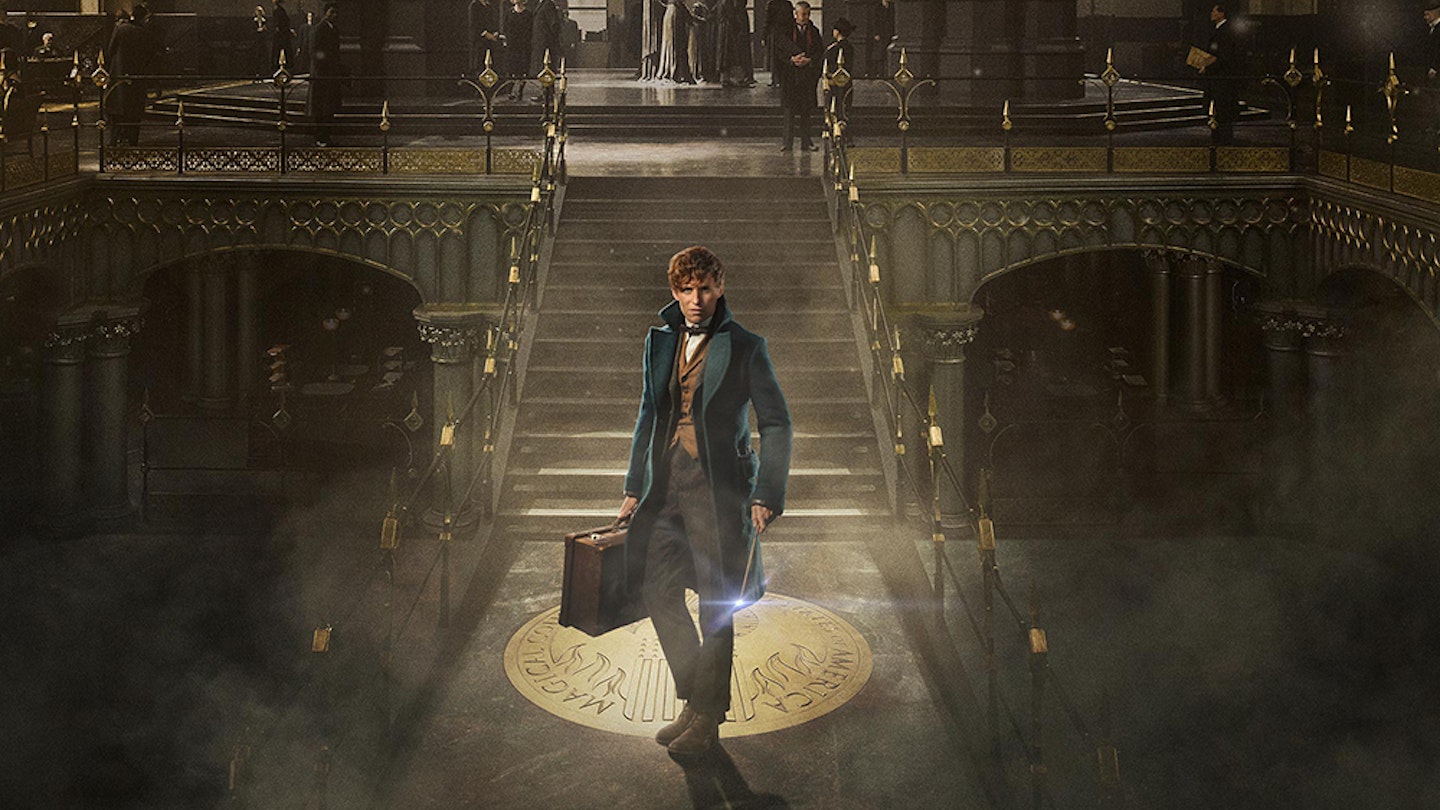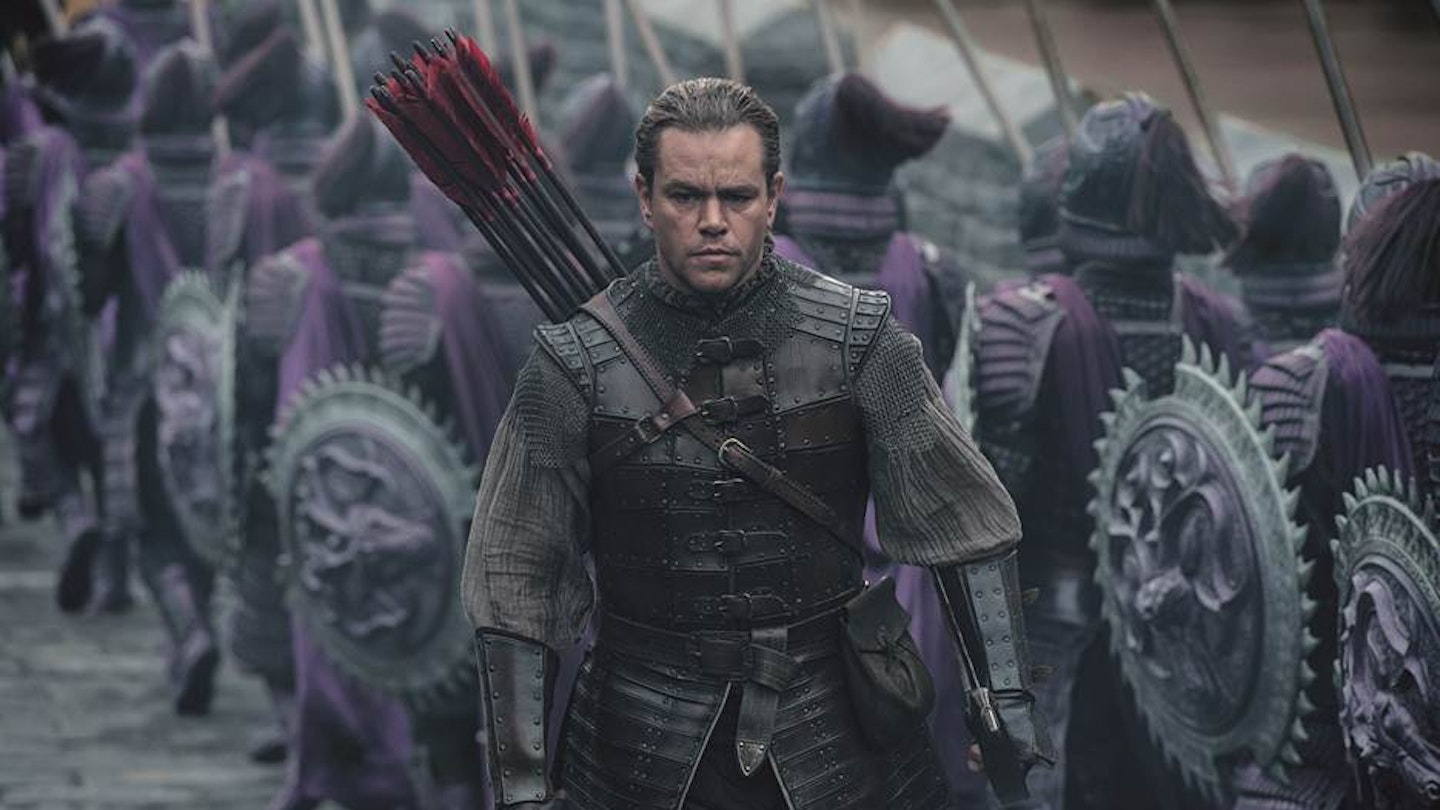As is perhaps fitting for a film based on
a 13,000-mile-long stone structure, The Great Wall bears a huge weight of expectation. It is the biggest-ever China-Hollywood co-production, the most expensive film shot entirely in China, and arrives at a time when the global industry is increasingly facing towards the East. It’s also the most epic project fêted Chinese director Zhang Yimou has taken on since he directed the 2008 Beijing Olympics opening ceremony, as well as his first English-language film. No pressure, then.
Matt Damon plays William, a mercenary soldier whose accent suggests he’s from Ireland, or has at least spent a lot of time swigging Guinness in Irish bars. William and his fellow fighter-for-hire Tovar (Pedro Pascal) are poking around the Chinese border in search of valuable “black powder” when they run into an army deployed on the Great Wall to defend China from monsters. Via a witheringly lazy plot device — a guard has lost the key to a cell — they end up getting caught up in the combat.
The army’s fighting techniques seem as influenced by extreme sports as they are war history books.
The army’s fighting techniques seem as influenced by extreme sports as they are war history books — a troupe of lance-wielding, bungee-jumping female warriors provides the film’s most thrilling, rope-twanging spectacle. The acting, though, is largely as rigid as the spears thrusting in and out of leathery monster flesh.
This can’t only be explained away by some of the Chinese cast having to deliver lines in English. Jing Tian, who plays the steely Commander Lin Mei, seems so detached she seems to be living life half a second off the pace of everyone else. Sporting a uniform more suited to a Power Ranger than a medieval soldier, she appears a pixel width away from being an RPG video-game character.
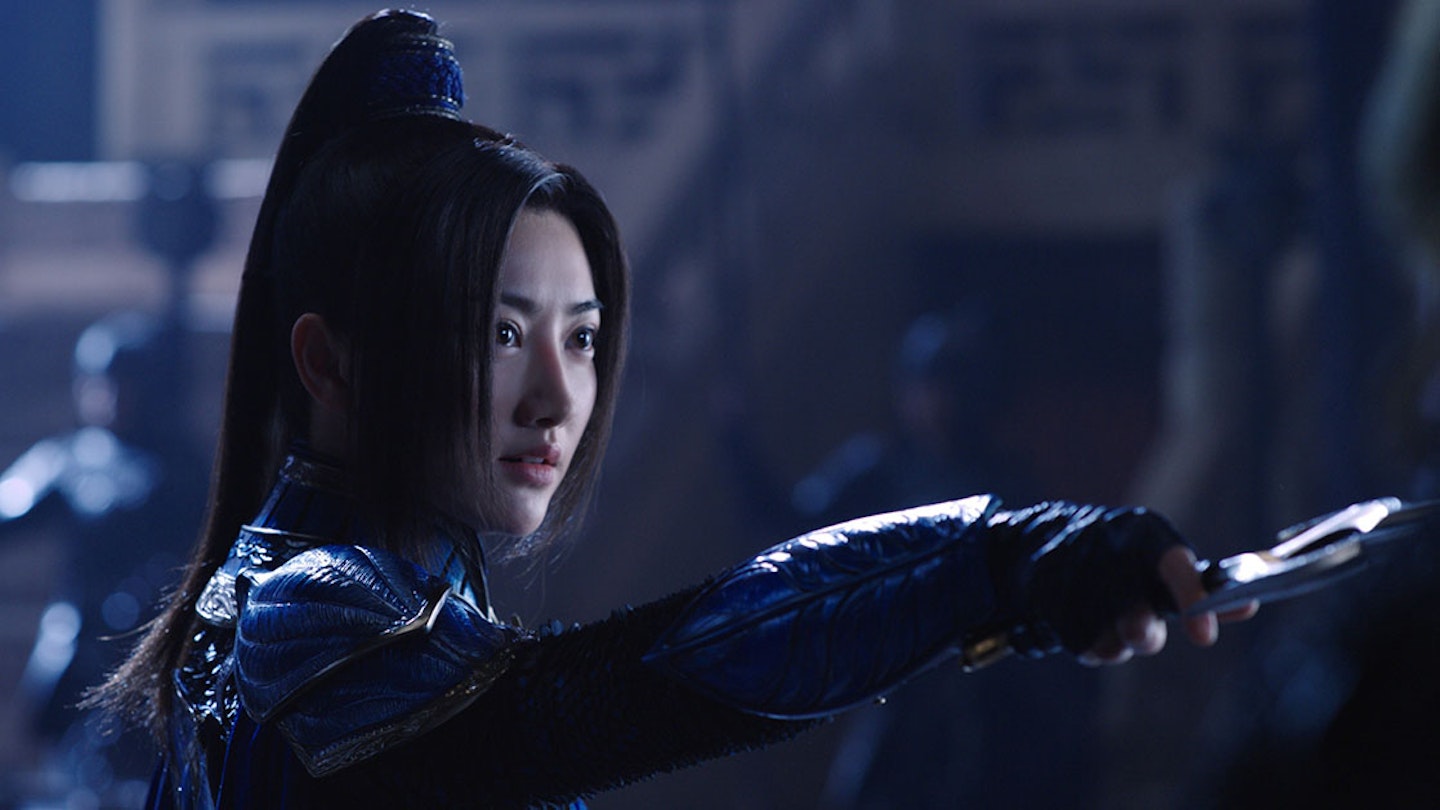
The film was trailed as a cultural mash-up but, being set and filmed in China, the casting of Damon, Pedro Pascal and Willem Dafoe (whose character, Ballard, seems there purely to explain how Commander Lin learned English) is the only element representing the West. Instead, Chinese cultural clichés abound, from speeches about working together to help the greater cause to Olympic-level gymnastics. These are more cause for complaint than the “whitewashing” Damon’s casting supposedly represents. William is not presented as a white knight, rather a mercenary caught in the chaos. A conversation about his past comes across as a tacked-on attempt to make him seem dark and set up his potential redemption but really, he’s not whitewashing; he’s just grey-dull.
The vicious Tao Teis aren’t much more memorable, despite being impressively rendered and bred from the usual Lord Of The Rings/Games Workshop monster farm — the only significant design twists being Chinese-style designs on their foreheads and having eyes on their shoulders. Every major aspect of their behaviour — such as their main vulnerability and communication methods — comes across as shoehorned in, designed to provide a sledgehammer-blatant path for the heroes to follow to overcome them. If William had found a KitKat in his bag we would have no doubt discovered the monsters happen to have a kryptonite-like aversion to chocolatey wafer.
The film, as a landmark China-Hollywood co-op, probably only had to be a decent popcorn action flick to be considered a success, but the only sound louder than the Tao Teis’ screeching is that of square pegs being bashed into round holes. Its artistic failures are unlikely to put a halt to the tilting of the film industry towards China, but The Great Wall doesn’t deserve to be considered the definitive monument to this shift.
